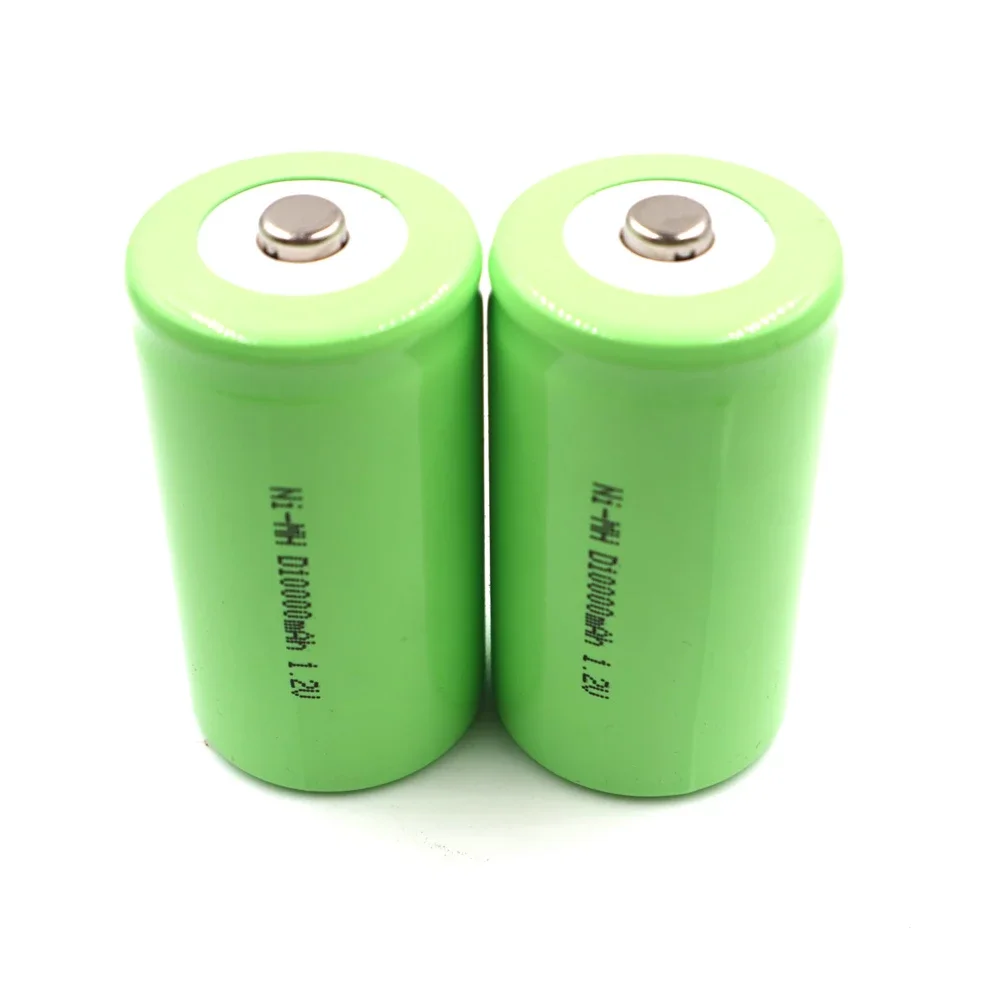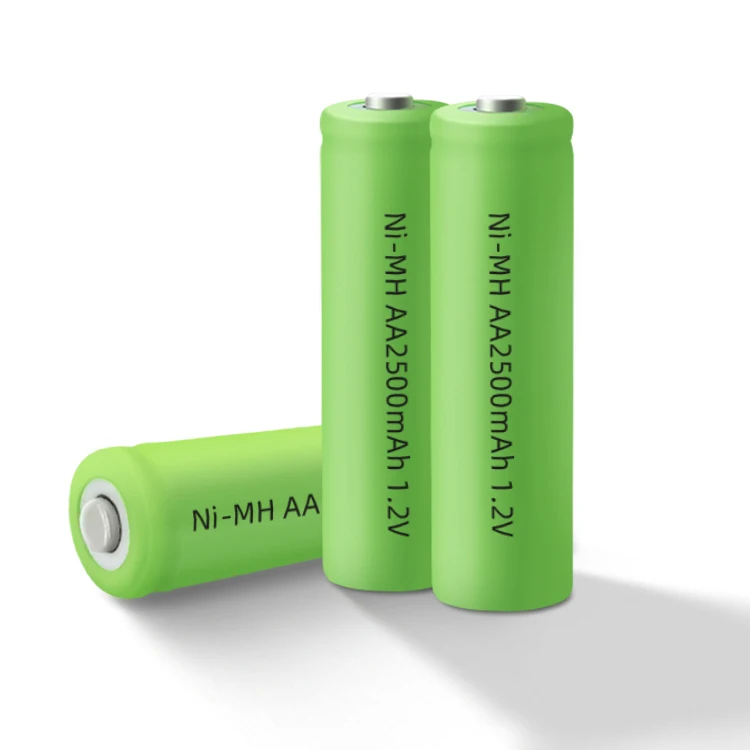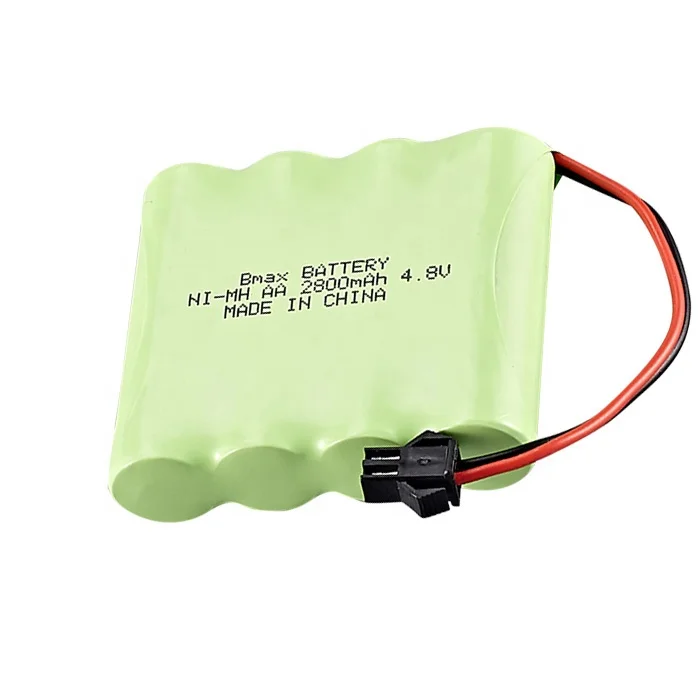- Voltage Differences: Lithium-ion and NiMH batteries require different charging voltages. NiMH batteries typically charge at around 1.2 to 1.4 volts per cell, whereas lithium-ion batteries require around 4.2 volts per cell. Using a NiMH charger will not adequately charge a lithium-ion battery, potentially leaving it significantly undercharged.
- Charging Algorithm: Lithium-ion batteries require a constant current/constant voltage (CC/CV) charging algorithm. This means the charger first applies constant current until the battery voltage reaches its peak (around 4.2 volts per cell), then switches to constant voltage, reducing the current until the battery is fully charged. NiMH chargers typically use a simpler charging method that is not suitable for lithium-ion batteries, such as timed charging or delta-V detection, which could lead to improper charging of a lithium-ion battery.
- Safety Mechanisms: Lithium-ion batteries require specific safety mechanisms during charging, such as temperature monitoring and voltage cutoffs to prevent overcharging, which can lead to overheating, potential fires, or explosions. NiMH chargers generally lack these specific lithium-ion charging safeguards.
- Charge Termination: The methods for detecting when charging should be stopped are different between these two types of batteries. NiMH batteries often use a negative delta-V detection (a slight drop in voltage as the battery becomes fully charged), while lithium-ion batteries do not exhibit this behavior and require precise voltage monitoring to determine charge completion.
What to Do:
- Use the Correct Charger: Always use a charger specifically designed for the battery type you are charging. For lithium-ion batteries, ensure the charger is set for the number of cells in the battery and matches the required voltage and current.
- Consider Smart Chargers: Some advanced chargers are capable of charging multiple types of batteries, including both NiMH and lithium-ion. These chargers have settings to select the type of battery being charged and automatically adjust the charging algorithm accordingly.
- Safety First: Using the correct charger is not just about ensuring your battery is effectively charged; it’s also a crucial safety practice. Inappropriate charging can lead to battery damage, reduce battery life, or cause dangerous accidents.
Therefore, to ensure safety and battery efficiency, always use a charger that matches the specific requirements of the type of battery you intend to charge.


